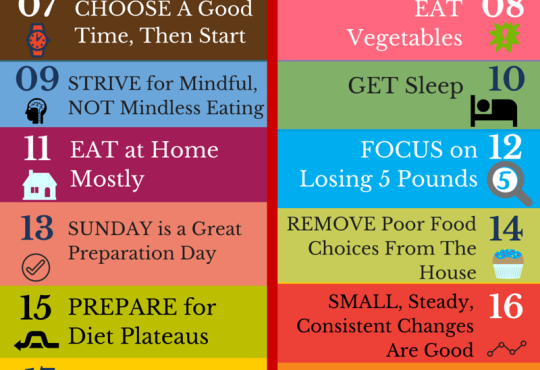
The Truth About Depression | My True Fat Burning Furnace Story
Depression is a horrible, often debilitating medical condition. Many people see it as a disease. It is not really considered as disease however by medical professionals as it is a mental condition rather than physical condition.
As such when a person says they have depression, because it is not inherently visible to the naked eye, many people do not take the claim seriously until something drastic happens. There is also the fact that there are a vast range of treatments out there to help people with depression, however it’s not one treatment suits all. Depression can affect people in different ways and comes in different types, so what may work for one person may not work for another.
In addition to this, what may have worked previously for a person, may not work another time. This is why it is vital that medical trials are conducted, especially focusing on Depression Clinical Trials.
What is depression?
There is no doubt that there will be times in everybody’s lives where we will feel sad, down, or even blue. However, luckily for most of us these are only temporary feelings and will usually go within a few days.
Depression does not work like this. It takes control of your daily life and can cause pain mentally for both you and your family.
Quite often there is a stigma attached to admitting you are depressed, so many cases go unreported, therefore many people miss out on potential help.
There are different types of depression listed below:
- Major depression affects work, sleep the ability to learn and retain information, appetite, and enjoyment of life
- Persistent depressive disorder is a depressed mood that lasts for at least 2 years.
- Psychotic depression major depression with hallucinations and psychosis.
- Post-natal depression, more than just the ‘baby blues’ that nearly all women get due to and imbalance of hormones. This can continue for many months or an even a year after the baby is born. ‘Baby blues’ typically only last a couple of weeks at most.
- Seasonal affective disorder (SAD) Lack of natural light can cause this. However artificial UV lighting has been shown to be an effective treatment for sufferers.
- Bipolar disorder usually entails extreme mood swings, from extreme highs to extreme lows. There is no constant feeling of despair like in major depression.
According to clinical trials performed, depression can be caused by a mixture of genetic, biological, environmental and psychological factors. It is a disorder of the brain; Medical Trials have shown that depression occurs when there is a chemical imbalance in the brain.
MRI scans show that depressed peoples brains are different to those who are not depressed. Sometimes it can run in families, but people without a family history of the illness can also become depressed too. This is why it is thought that external factors can also contribute towards depression.
There can sometimes be life events that trigger depression, things due to an extreme trauma like loss of a loved one, difficult relationships or stress related injuries or incidents.
A common misconception is that you have to have a reason to be depressed. Unfortunately for some people, this is not the case. They are depressed and there is no reasoning behind it. That does not invalidate their depression though.
Symptoms of depression
Depression affects everyone differently. Therefore you may not experience the same symptoms. The severity, frequency and duration of symptoms vary depending on the person.
Generally, it is agreed that these are the most common symptoms though. Symptoms such as:
- Constant feeling of sadness, emptiness or anxiety
- Feeling hopeless and pessimistic
- Feeling guilty
- Lack of sleep, irritability, fatigue and decreased energy. It can also have the opposite effect of extended periods of sleep.
- Loss of sex drive
- Loss of interest in regular activities.
- Difficulty concentrating, remembering details and making decisions
- Over eating, or appetite loss
- Thoughts of suicide or actual suicide attempts
- Physical symptoms such as aches or pains, headaches, cramps, or digestive problems that do not ease even with treatment.
What research has been done?
Currently there are many different Medical Trials going on to help figure out what causes and what can prevent depression. A lot of the Depression Clinical Trials tend to focus on finding out the cause of the illness and what treatments are effective.
Treatments include the use of certain medications known as anti-depressants. However these can come with side effects which can be unpleasant and can take a long time to become effective. They work by targeting brain chemicals known asneurotransmitters, in particular serotonin and norepinephrine. Some anti-depressants are used to target dopamine, but not enough research has been done to confirm its effectiveness.





